• Requests for Evidence / RFE;
• Continuations to Request Evidence (N-14);
• Notices of Intent to Deny;
• Notices of Intent to Revoke;
• Notices of Intent to Rescind and Notices of Intent to Terminate regional investment centers;
• Filing date requirements for Form N-336, Request for a Hearing on a Decision in Naturalization Proceedings (Under Section 336 of the INA); and
• Filing date requirements for Form I-290B, Notice of Appeal or Motion.
This flexibility applies to the documents listed above if the issuance date listed on the request, notice, or decision is between March 1, 2020 and September 11, 2020.
USCIS will consider a response to a request or notice listed above received within 60 calendar days after the response due date set in the request or notice before taking any action. USCIS will consider a Form I-290B or a Form N-336 received up to 60 calendar days from the date of the decision before we take any action.
For More Information, please visit uscis.gov/coronavirus .








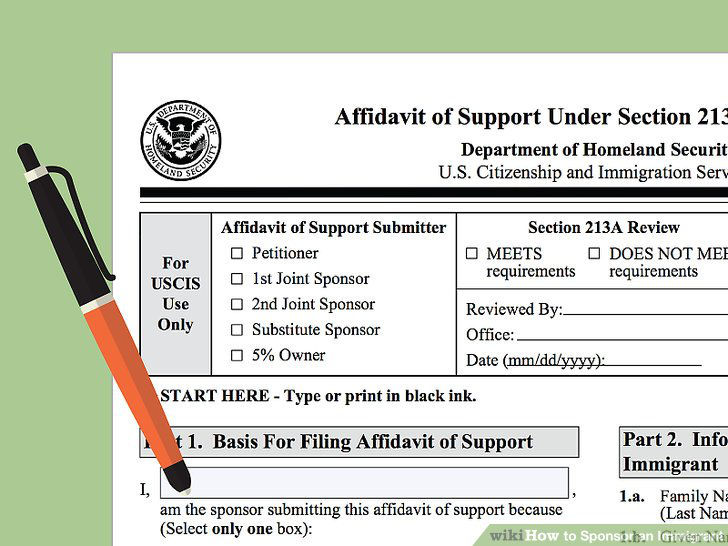



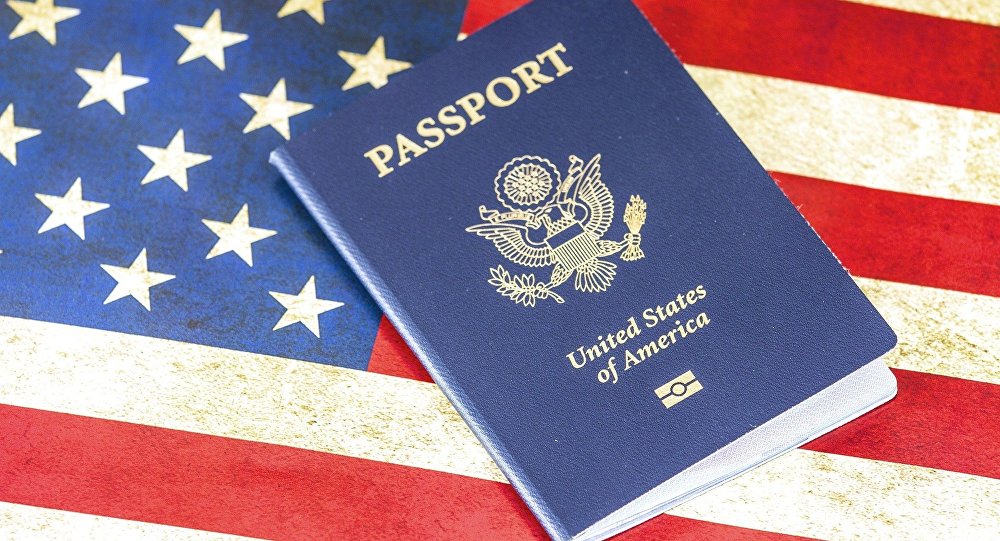
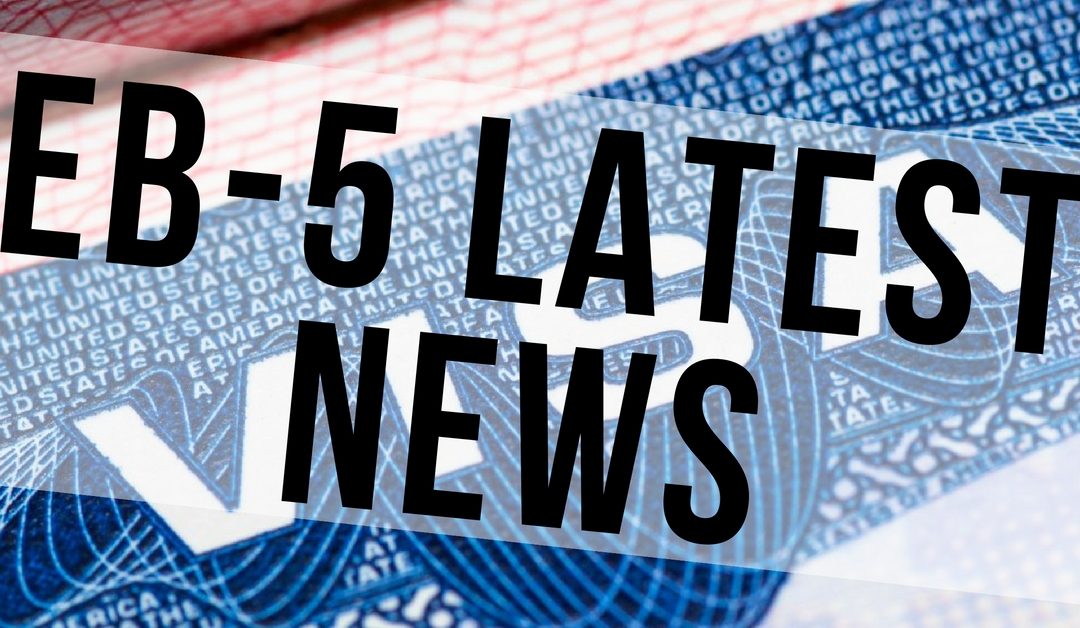
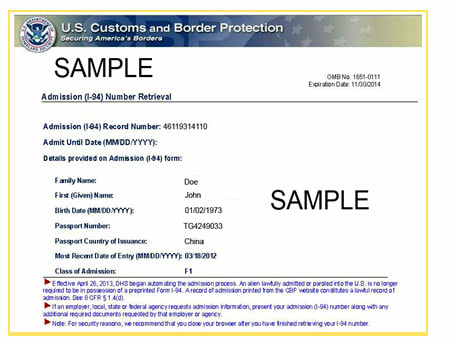
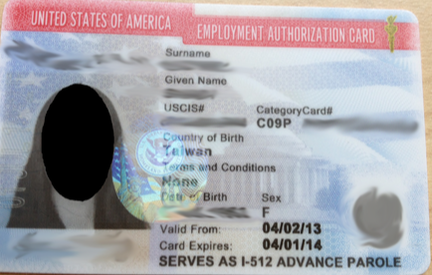



 RSS Feed
RSS Feed